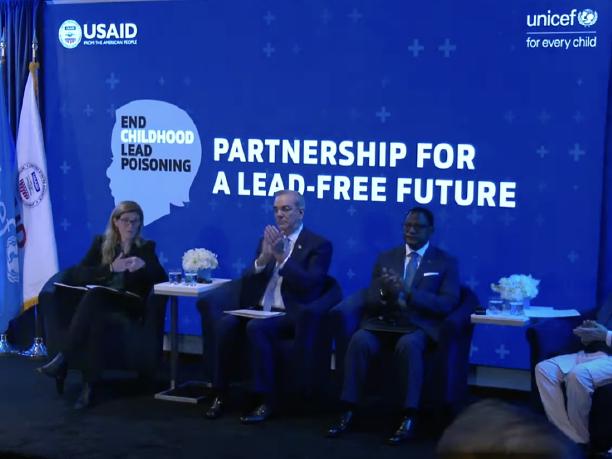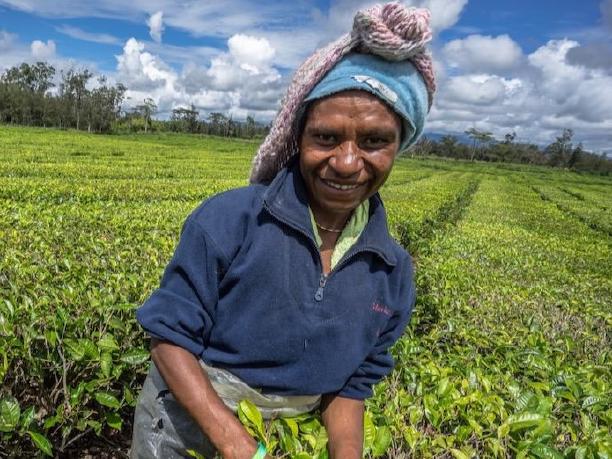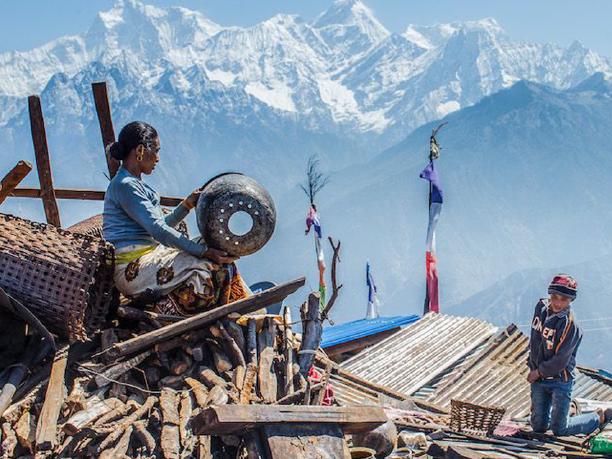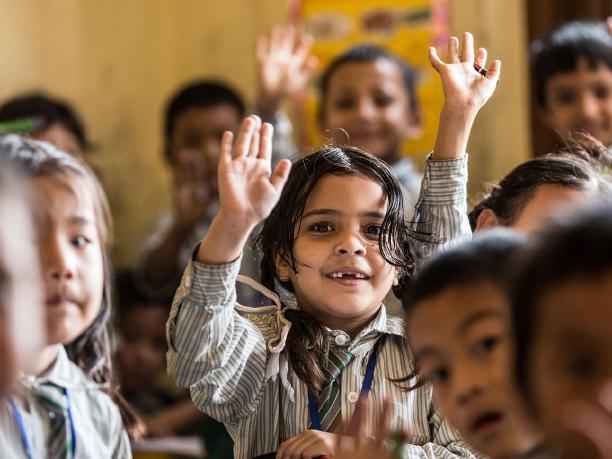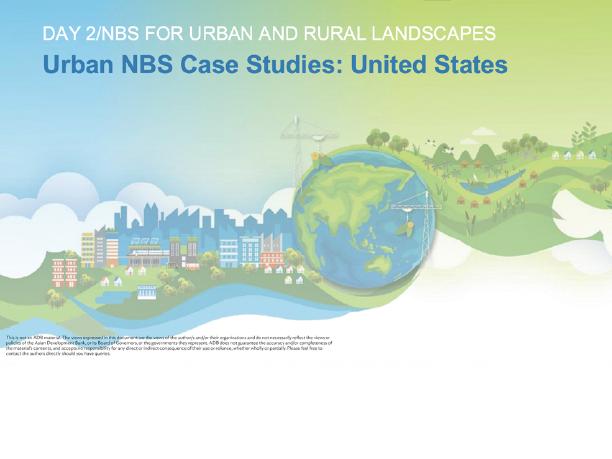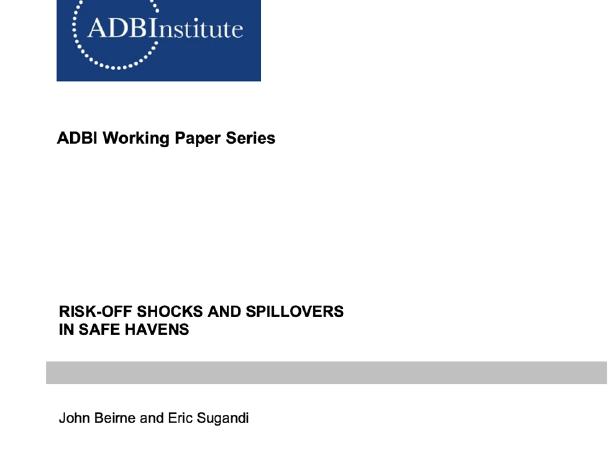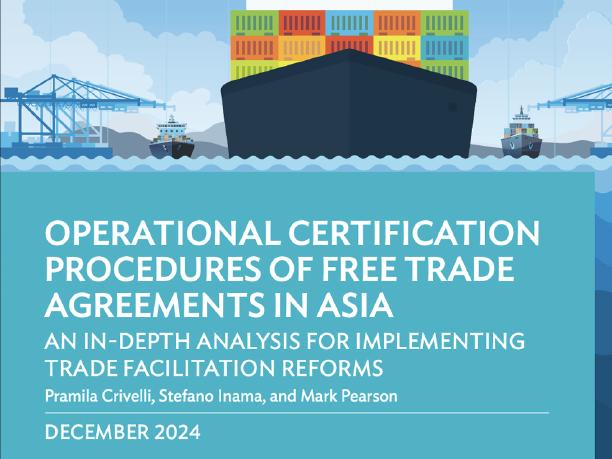
Operational Certification Procedures of Free Trade Agreements in Asia: An In-Depth Analysis for Implementing Trade Facilitation Reforms
This report delivers an in-depth analysis of operational certification procedures across a range of Asian free trade agreements (FTAs).

